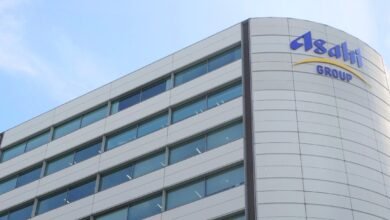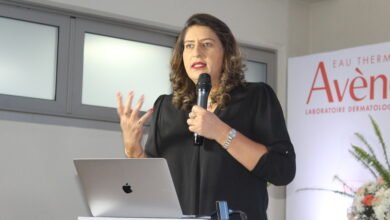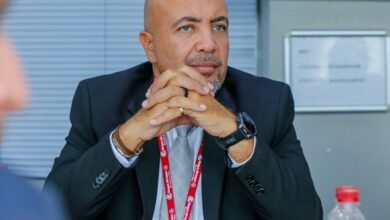
Kenya Power and Lighting Company (KPLC) is set to boost its finances and the Last Mile Connectivity initiative from the World Bank’s latest Ksh.80 billion credit facility to Kenya.
Part of the loan facility is aimed at improving KPLC’s financial position and the National Treasury will release Ksh.5 billion to help the company settle part of its outstanding debt for the last mile connectivity.
“The National Treasury also provisioned for Sh5 billion in the financial year 2022 budget for partial clearance of outstanding Kenya Power receivables against the last mile electrification program”, the World Bank said.
Last Mile Connectivity is an eight-and-a-half-year project set to cost Ksh.77.6 billion with an aim to boost security and converge public facilities to the national grid.
It is part of President Uhuru Kenyatta’s projects to ensure every Kenyan has access to electricity.
However, due to budget cuts, the company has faced obstacles to achieve last-mile connectivity, making it miss the target for the past three years.
Also Read:
- Benard Ngugi appointed as KPLC CEO
- Kenya Power drops plan to lay off staff
- CS Keter says KPLC profit warning is in the interest of shareholders
“Inadequate budget transfer to fund the last mile electrification program coupled with a slow growth in electricity consumption despite the aggressive connection campaign has caused liquidity constraints for KPLC forcing it to resort to high-cost, short-term debt to finance long-term assets,” the World Bank said.
In the 2021/2022 Financial Year Budget Policy Statement by the National Treasury Cabinet Secretary Ukur Yatani, said the government plans to connect 2.4 million households to subsidized power beginning new FY on July 1, 2021, to achieve electricity connectivity across the country.
By June last year, Kenya had connected 1,522,858 customers to the national grid, missing its target by nearly 1.28 million.
WB released the credit facility to complement Kenya’s budget and help the country recover from the coronavirus economic hardships.
“The operation prioritizes reforms in hard hit sectors, such as healthcare, education, and energy, which have been made urgent by the impacts of the COVID-19 crisis,” said Keith Hansen, World Bank Country Director for Kenya.
Kenyans will also benefit from better healthcare and disease prevention, especially for the poorest and most vulnerable households, through National Hospital Insurance Fund (NHIF) governance reforms and the establishment of the Kenya Center for Disease Control (KCDC) to strengthen disease prevention, detection, and response.





